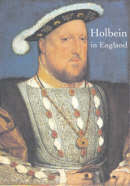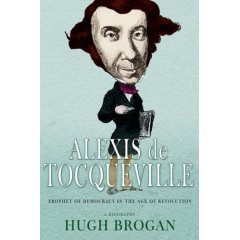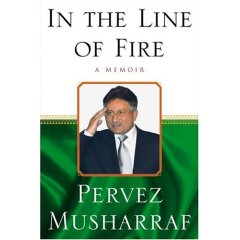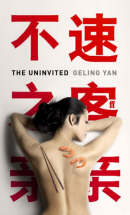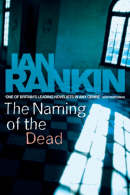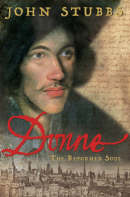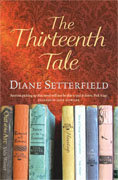Redemption Falls
The year is 1865. The American Civil War is ending. Eighteen years after the famine ship Star of the Sea docked at New York, the daughter of two of her passengers sets out from Baton Rouge, Louisiana, on a walk across a devastated America. Eliza Duane Mooney is searching for a young boy she has not seen in four years, one of the hundred thousand children drawn into the war. His fate has been mysterious and will prove extraordinary. It's a walk that will have consequences for many seemingly unconnected survivors: a love-struck cartographer, a haunted Latina poetess, rebel guerrilla Cole McLaurenson, runaway slave Elizabeth Longstreet and the mercurial revolutionary James O'Keeffe, who commanded a brigade of Irish immigrants in the Union Army and is now Governor of a western wilderness where nothing is as it seems. "Redemption Falls" is a tale of war and forgiveness, of strangers in a strange land, of love put to the ultimate test. Packed with music, balladry, poetry and storytelling, this is a riveting historical novel of urgent contemporary resonance, from the author of the internationally best-selling "Star of the Sea".


